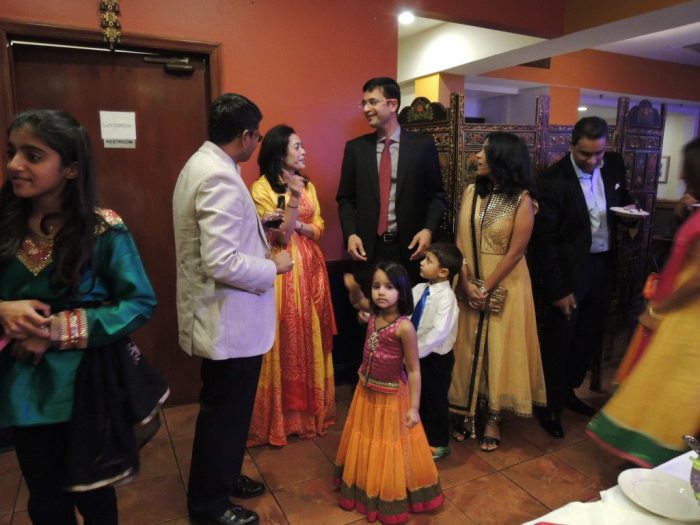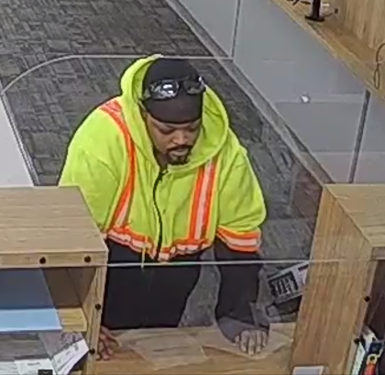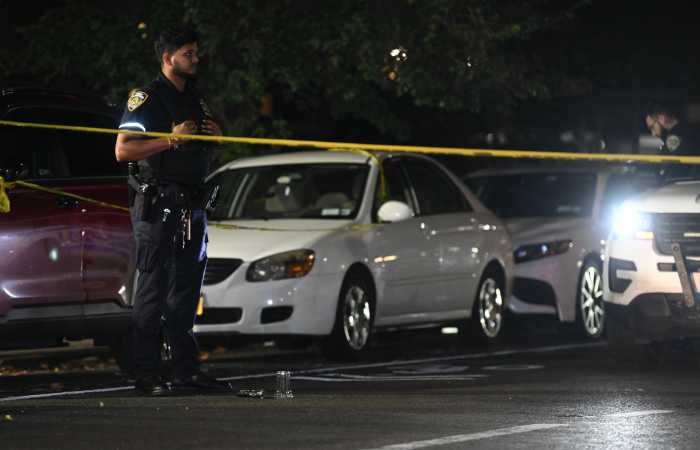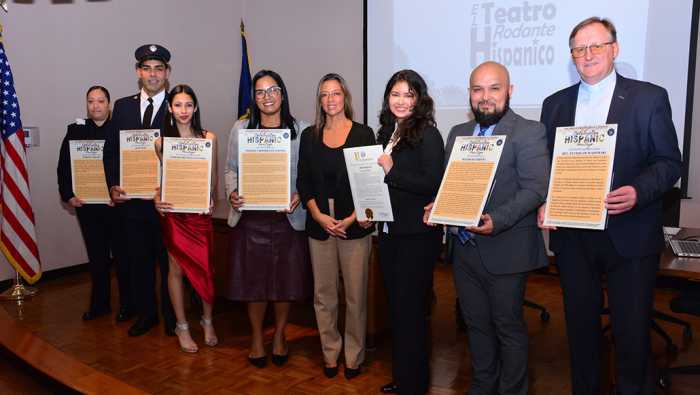Local reporter recently named Media Person of the Year

Brad Trettien has always had a fascination with public service and law enforcement. And while he once took the test for the Nassau County Police Department, the Garden City High School alum instead channeled his efforts into becoming a crack investigative reporter. His beat has found him covering a number of stories having to do with the police in his role as a liaison between Newsday and News 12, where he serves as the Long Island Assignment Editor and Investigative Producer for the latter. At a time when the mainstream media is under assault and being smeared with the label of fake news, the Garden City resident’s sterling reputation as a journalist who calls it straight down the middle recently found him being recognized by the New York State Chiefs Benevolent Association during their annual Person of the Year Awards Dinner held at the Lawrence Yacht Club last month. It was here that Trettien received the inaugural “Media Person of the Year” award. It was a very humbling moment for the veteran journalist.
“I was very honored, surprised and touched that [my boss] Pat Dolan showed up for it,” he said.
Thanks to a deep wealth of high-ranking sources in the police department, Trettien has been able to break a number of important stories ranging from MS-13 gang members threatening officers in the Town of Hempstead to Nassau County looking to deactivate its Special Enforcement Team (SET) back in 2015.

This division of the police is a specialized team that pro-actively investigates narcotic activity, gang related crimes and monitors career criminals; the idea that it was going to be disbanded by then-Police Commissioner Thomas Krumpter was not favored by the rank-and-file throughout the department. Thanks to a tip he received from one of his informants, Trettien was able to file a number of Freedom of Information petitions (FOIL) to find out the number of arrests the SET team was responsible for. After confirming his numbers with the Police Benevolent Association (PBA), he was able to file a story that eventually resulted in getting the county and the commissioner to reverse that decision.
Helping effect change is one of the reasons the Manhasset native was attracted to this line of work.
“I always gravitated towards the 60 Minutes style of stories, where they really made changes to society and shed light that needed it in a way that only journalism could do it; In a way that showing what was going on, whether it’s undercover video or whatever, where police, legislators or DAs can’t do anything,” he explained. “That’s where journalism can make a difference. That’s what I strive to do all the time, which is to try and find a story where I can wear an undercover camera, go someplace and show somebody something that’s going on—the only way to go whole with it is to see it in person and how it works and that is how changes are made.”
 One of the most revelatory things Trettien took part in was attending and graduating from the Nassau County Police Citizens Police Academy back in 2015. The Civilian Police Academy hosts leaders in Nassau County to the Police Academy for 14 weeks of specialized training at the Nassau County Police Academy. Graduates of the academy become part of the Civilian Police Academy Alumni Association which meets at the Police Academy monthly to promote the concept of community policing and assist the police with problem-solving techniques to improve and address quality of life issues in Nassau County. It’s something Trettien felt was crucial in continuing his quest to become a better reporter.
One of the most revelatory things Trettien took part in was attending and graduating from the Nassau County Police Citizens Police Academy back in 2015. The Civilian Police Academy hosts leaders in Nassau County to the Police Academy for 14 weeks of specialized training at the Nassau County Police Academy. Graduates of the academy become part of the Civilian Police Academy Alumni Association which meets at the Police Academy monthly to promote the concept of community policing and assist the police with problem-solving techniques to improve and address quality of life issues in Nassau County. It’s something Trettien felt was crucial in continuing his quest to become a better reporter.
“Normally, the real cadets would spend three days on something and we would spend three hours on that. [The importance of this program is] to put people in various positions in the shoes of the police officers because it’s important for them if it’s a legislator [in the program], or a community member who can go to his parishioners that are afraid of the police and share what they experienced. It’s not a brainwashing or pro-police thing. It was a very helpful thing,” he said. “I kind of put myself in the middle and try to look at both sides. I definitely emphasize with both sides. I empathize with the kid from Roosevelt who is terrified of police and I empathize with the police that want to go home and see their families at the end of the night. It’s fascinating to really get in their heads and see those perspectives.”
For Trettien, the key to being a solid reporter is a combination of persistence, highly honed listening skills and compassion.
“My executive producer, Alan Goodman, taught me early on that just because somebody says no, it doesn’t mean no. Don’t take no for an answer. It doesn’t mean be obnoxious and harass someone. It just means to find another way to convince them and to get in people’s heads,” he said. “I can’t say that I didn’t get any answers because they didn’t want to talk to me and they didn’t want to go on camera. You have to be persuasive and that’s the most important thing. I think empathy is the other part. If you’re not empathetic, no one is going to talk to you. Sometimes people call the assignment desk and sometimes they just want someone to talk to. Ninety percent might be non-stories, but the 1 percent you have to listen to people, empathize and get into their heads. That’s when they’ll open up to you.”

































